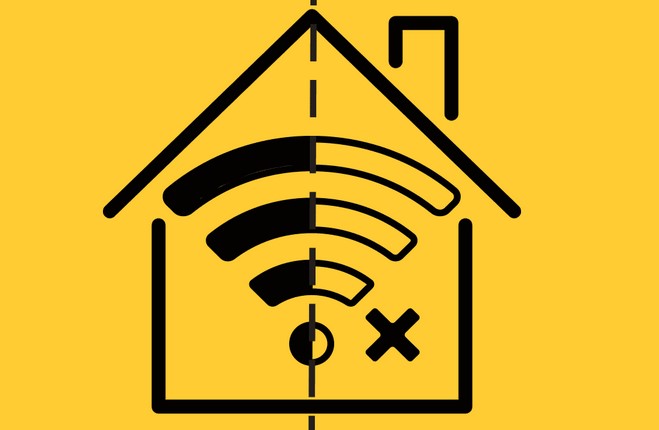The San Bernardino County Superintendent of Schools (SBCSS) office has made significant strides in recent years overhauling the ways in which the county presents data and resources to district leaders, educators, families and other stakeholders vital to supporting the SBCSS’s Cradle to Career Roadmap initiative. […]
Category: Technology
Study finds incorporating edtech and high-dosage tutoring helps cut costs, maintains quality
Blending high-dosage tutoring time with high-quality educational technology can reduce costs by one-third and halve the number of tutors needed without compromising effectiveness on student learning, according to a working paper released June 3 by the University of Chicago Education (UCE) Lab. When 4,000 students […]
Cybersecurity is still a top concern for edtech leaders, survey finds
The Consortium for School Networking’s (CoSN) recent report, 2024 State of Edtech District Leadership, covers survey results from industry professionals on topics including education technology (edtech) priorities and challenges, artificial intelligence (AI), cybersecurity, student well-being, digital equity, staffing and more.
New federal initiative aims to bolster edtech cybersecurity
The Center for Long-Term Cybersecurity (CLTC) and the U.S. Department of Education announced on May 2 the Partnership for Advancing Cybersecurity in Education (PACE) — an initiative to improve the defensibility and resilience of K-12 digital infrastructure by fostering collaboration between education technology vendors and […]
New guidance and checklist aims to support LEAs in vetting edtech and AI tools
On April 24, the Future of Privacy Forum (FPF) released a checklist and accompanying policy brief to provide local educational agencies clarity and guidance as they vet generative artificial intelligence (AI) tools for compliance with student privacy laws. Despite the speed at which technology develops […]
Teachers slow to embrace AI, but research suggests the tide may be turning
Despite ever-increasing talk of the potential for artificial intelligence (AI) to transform education, use of AI tools is still uncommon among teachers, according to survey findings released by the Rand Corp. on April 17. However, that is likely to change. The report, Using Artificial Intelligence […]
Fast facts on the state of California’s digital divide
Digital access has reached an all-time high in the state, according to the Public Policy Institute of California’s (PPIC) April fact sheet on the digital divide. Offering an updated look at the rate and makeup of residents able to connect to the internet at home, PPIC found that 95 percent of Californian’s had internet access, including satellite in 2022 compared to 93 percent in 2019. Access increased most significantly among those in historically marginalized communities including members of Black, Latino, low-income and rural households and those headed by non-college graduates.
Common themes emerge among states’ guidance on AI in education
Digital Promise reviewed guidance documents from seven states, including California, on how to approach artificial intelligence (AI) in education. Guidance from these states — which also include North Carolina, Ohio, Oregon, Virginia, Washington and West Virginia — “vary considerably and yet all respond to a […]
Survey results show how students are using social media and devices
Social media use among young people has been linked to everything from mental health struggles to increased ability to find supportive communities, so it’s important that families and educators have an understanding of how students are interacting with social media. The Social Institute — which […]
Benefits of school esports programs
Teamwork, communication and problem-solving are just some of the skills students can acquire when electronic sports, most commonly referred to as esports, are incorporated into curriculum, according to ASUS Education’s white paper The Impact of Esports on Student Achievement.










